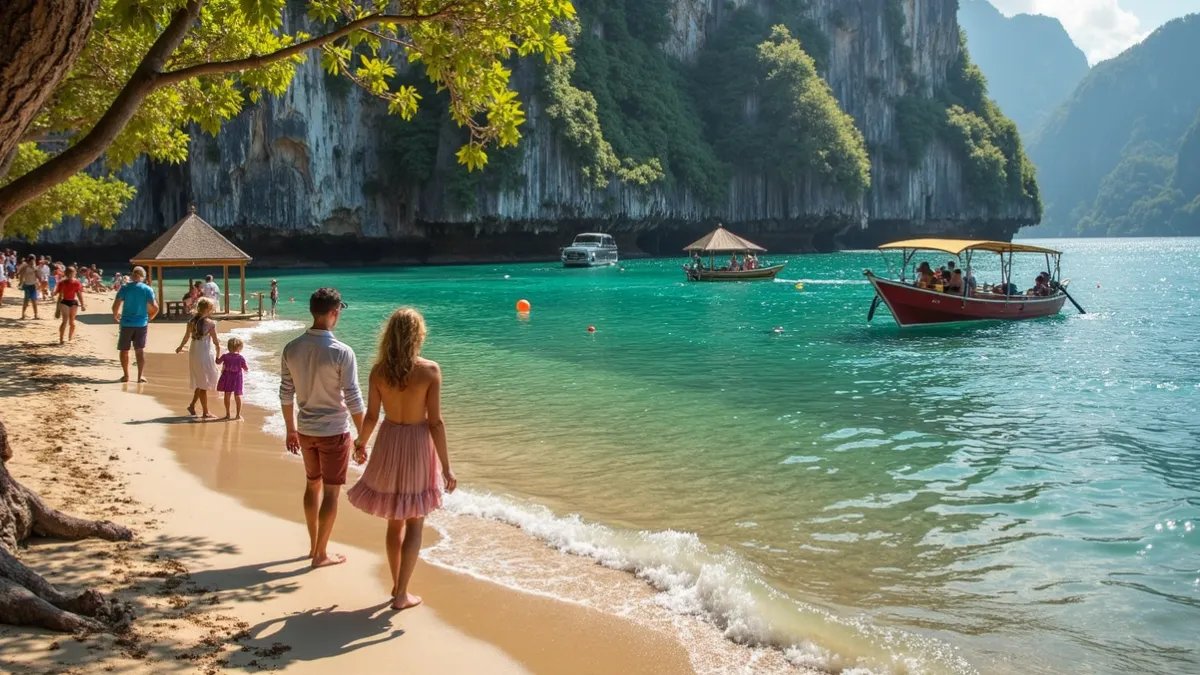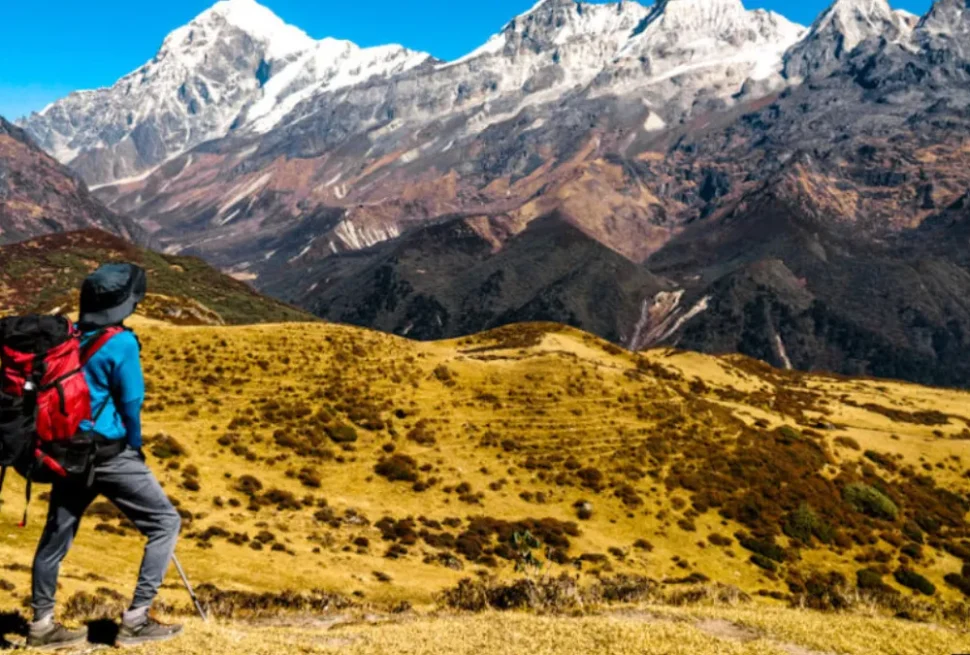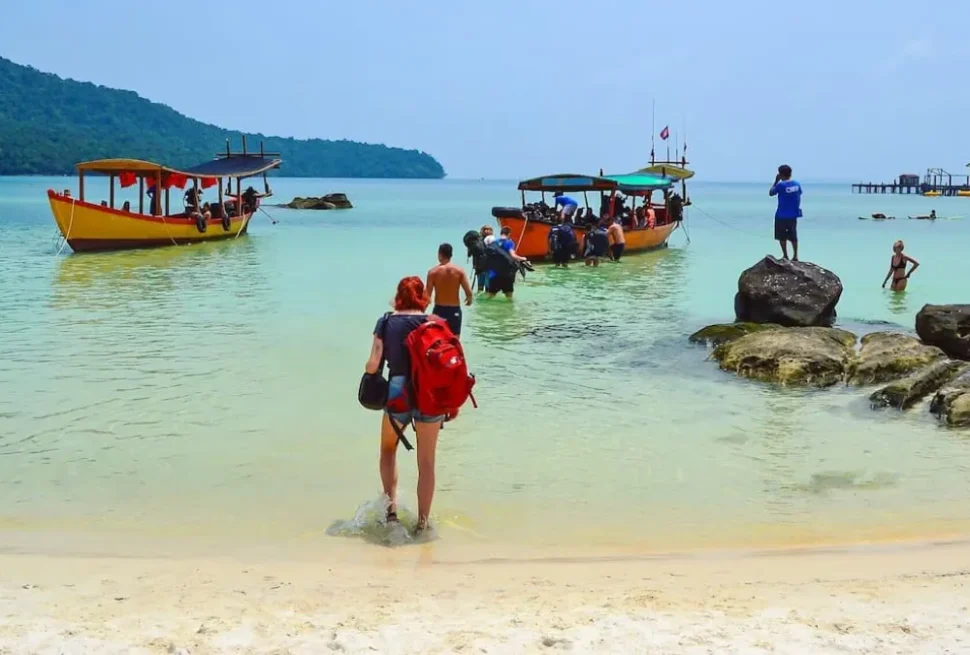In today’s hyper-connected world, travel has become easier and more accessible than ever. Yet ironically, many trips often feel more curated than spontaneous—filled with crowded attractions, pre-packaged tours, and picture-perfect moments engineered for social media. If you find yourself craving more than postcards and predictable itineraries, it’s time to venture beyond the tourist trail. This is the realm of Authentic Travel—where raw culture, genuine human connection, and meaningful experiences come alive.
This article is your guide to discovering how to travel with depth, curiosity, and a true sense of adventure. From cooking with locals in Italy to helping with conservation in the Amazon, these experiences will leave lasting impressions on your soul—long after your passport is tucked away.
What is Authentic Travel?
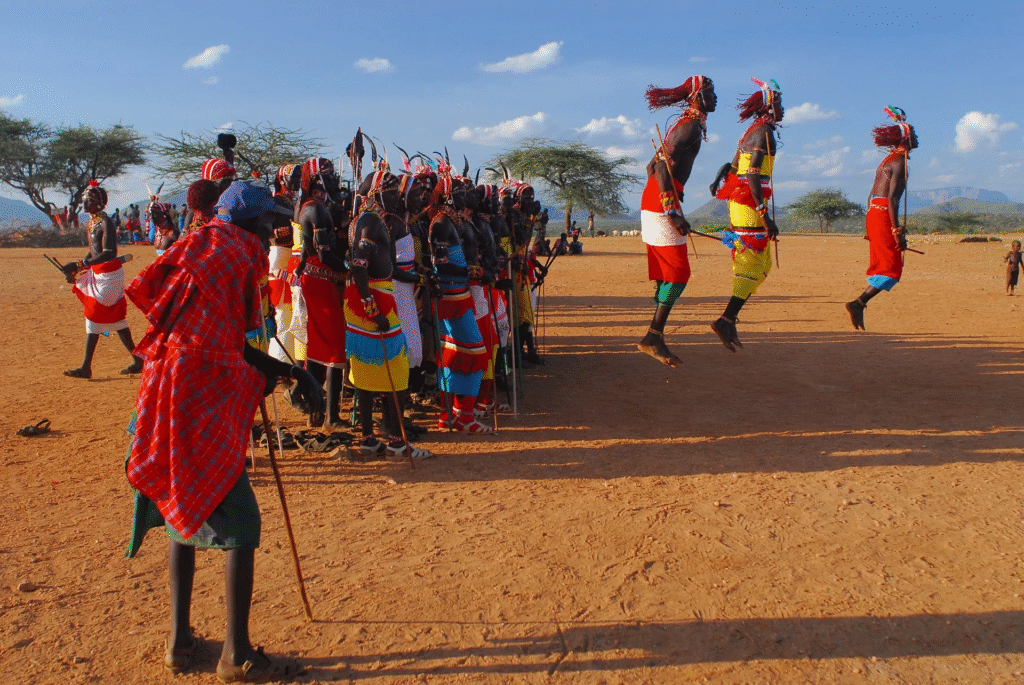
Authentic travel is about immersing yourself in a destination rather than just observing it. It’s about:
- Connecting with locals and learning their stories
- Participating in daily life and cultural traditions
- Exploring off-the-beaten-path regions
- Traveling slowly and mindfully
- Prioritizing purpose over popularity
Rather than chasing a checklist, you’re embracing curiosity—and the reward is a richer, more memorable journey.
1. Live Like a Local: Homestays and Community Tourism
Skip the hotels. Stay with a local family in rural Thailand, a traditional riad in Morocco, or a farming village in Peru. You’ll gain insider knowledge, enjoy home-cooked meals, and discover hidden gems unknown to the average traveler.
Highlights:
- Learning to make tortillas with a Mayan grandmother
- Listening to folk stories passed down generations
- Shopping in markets where locals, not tourists, bargain
2. Volunteer While Traveling: Purpose-Driven Adventures
Voluntourism lets you give back while exploring. Whether it’s teaching English in Kenya, helping build eco-houses in Nepal, or participating in marine conservation in the Philippines, the impact is mutual.
Tips:
- Choose organizations with transparent goals
- Focus on sustainable, skill-based projects
- Engage respectfully and stay humble
3. Food Immersion: Taste the Real Culture
Food is a powerful storyteller. Instead of dining in restaurants recommended by travel apps, seek authentic culinary encounters.
Ideas for Authentic Food Travel:
- Join a street food tour with a local guide in Hanoi
- Take a pasta-making class in a Tuscan farmhouse
- Forage and cook with Indigenous chefs in Canada
- Attend a family-run spice plantation in Kerala
You’ll gain more than a meal—you’ll gain cultural insight and possibly lifelong friendships.
4. Attend Local Festivals and Ceremonies
Festivals reveal a community’s identity—its passions, history, and beliefs. Some are loud and vibrant; others are spiritual and deeply symbolic.
Authentic Festivals to Consider:
- Inti Raymi (Festival of the Sun) – Peru
- Yi Peng Lantern Festival – Thailand
- Nowruz (Persian New Year) – Iran
- Gion Matsuri – Kyoto, Japan
Don’t just attend—immerse yourself by wearing traditional attire, learning local customs, and participating respectfully.
5. Explore Lesser-Known Regions
Famous cities like Paris, Tokyo, or New York are worth visiting, but venturing beyond them unlocks hidden wonders.
Examples of Authentic Alternatives:
- Skip Venice for Matera, Italy’s cave city
- Choose Luang Prabang over Bangkok for spiritual depth
- Explore Colchagua Valley instead of Mendoza in South America
- Visit Sapa in Vietnam instead of over-touristed Halong Bay
Small towns and remote regions often offer more sincere hospitality and unfiltered experiences.
6. Learn a Traditional Skill or Art Form
Participating in cultural crafts connects you with ancient knowledge and the artisans who preserve it.
Experiences to Try:
- Pottery in Oaxaca, Mexico
- Ikat weaving in Indonesia
- Batik printing in Ghana
- Calligraphy in Kyoto, Japan
- Musical instrument making in Rajasthan
These activities support local heritage and allow you to bring home not just souvenirs, but stories.
7. Hike or Bike Through Nature With Locals
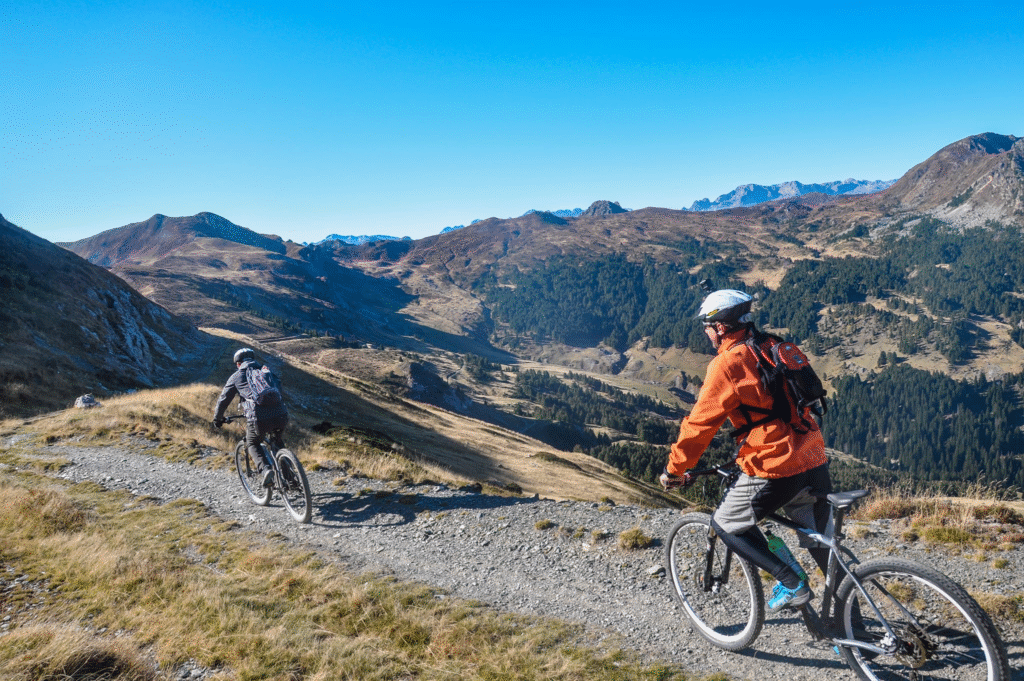
Instead of bus tours, experience landscapes through your own effort. Trekking with local guides offers stories and context you’ll never find in guidebooks.
Ideas:
- Trekking the Camino de Santiago in Spain
- Hiking the Annapurna Circuit with Nepali sherpas
- Mountain biking in the Atlas Mountains with Berber guides
- Walking safaris in Zambia with local conservationists
You’ll see not just the land, but how people live with and respect it.
8. Shop With Meaning: Support Local Makers
Skip the airport trinkets and shop at local cooperatives, artisans’ markets, and women-run collectives. You’ll support real livelihoods while taking home authentic pieces of culture.
Authentic Shopping Ideas:
- Handwoven textiles from Guatemala
- Hand-painted ceramics in Morocco
- Leather sandals in Greece
- Indigenous beadwork in Colombia
Ask questions, learn about the craft, and purchase with intention.
9. Take Public Transport or Travel Slowly
Rushing by plane or riding in air-conditioned tour buses distances you from daily life. Try taking public buses, tuk-tuks, rickshaws, or even walking.
Why it matters:
- You’ll hear local music, see daily routines, and even make small talk
- Travel becomes about the journey, not just the destination
- You reduce your environmental footprint
10. Document the People, Not Just the Places
The stories that will stay with you most are the ones from the people you meet—farmers, guides, artists, children, elders. Let your travel journal or photo album reflect not only architecture and beaches, but the hearts you encountered.
FAQs: Authentic Travel Experiences
Q1: How can I find authentic travel experiences without a travel agent?
A: Use platforms like Workaway, Couchsurfing, and trusted blogs. Engage with locals once you arrive—they often offer the best advice.
Q2: Is authentic travel safe?
A: Yes, when done mindfully. Avoid overly remote areas without local guidance. Always respect cultural norms and stay updated on safety advisories.
Q3: How can I be respectful when immersing in another culture?
A: Listen more than you speak, ask before taking photos, learn a few local phrases, and dress appropriately.
Q4: Can families travel authentically?
A: Absolutely. Many homestays, farm stays, and slow travel routes are ideal for children to learn about culture, compassion, and nature.
Q5: What’s the best length for an authentic trip?
A: 2–3 weeks allows time for immersion, but even a week can be meaningful if you travel slowly and intentionally.
Q6: Is authentic travel more expensive?
A: Not always. Homestays and local experiences are often cheaper than luxury hotels and packaged tours.
Q7: How do I avoid contributing to overtourism?
A: Visit lesser-known places, travel off-season, and support locally owned businesses instead of chains.
Q8: What’s the role of language in authentic travel?
A: Speaking even basic local words builds bridges. Use translation apps or phrasebooks to deepen connection.
Q9: Can authentic travel be luxurious too?
A: Yes! Boutique eco-lodges, private cultural workshops, and personalized artisan tours combine comfort with authenticity.
Q10: How do I stay mindful while traveling?
A: Journal daily, limit digital distractions, be fully present, and practice gratitude for each experience.
Also Read: From Mountains To Markets: Discover The Heart Of Local Travel
Conclusion:
In a world brimming with noise and sameness, authentic travel is a revolution. It invites us to listen, to feel, and to engage with the richness of the human experience. By stepping off the tourist trail, you gain something infinitely more valuable than snapshots: you gain stories, empathy, and perspective.
Travel isn’t just about seeing new places—it’s about seeing yourself in a new way. And that journey, like the best adventures, begins when you go beyond the map.

